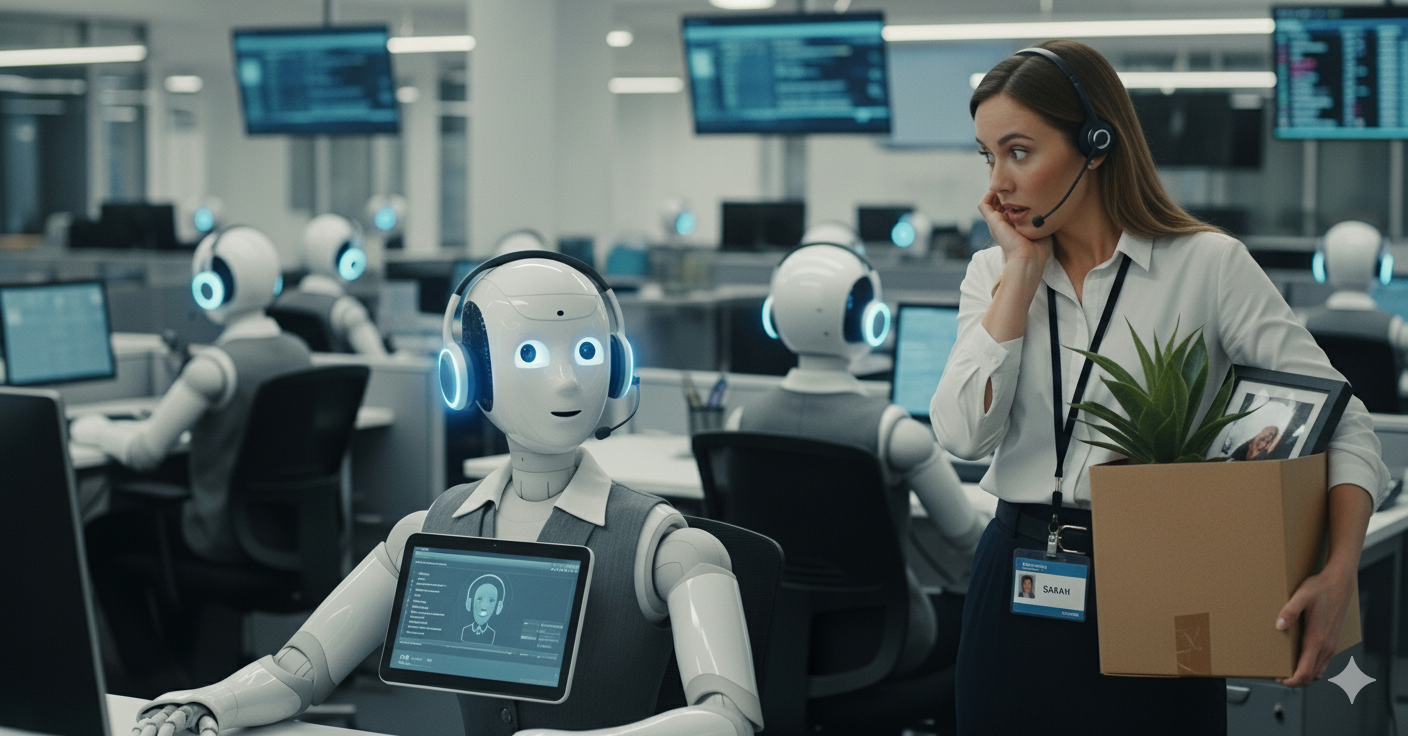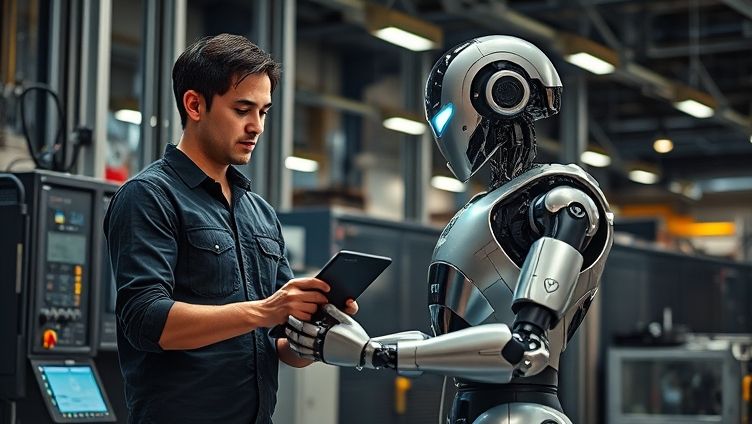Let’s be honest—automation is no longer just about factory robots assembling cars. It’s touching everything now, from how we shop to how our money moves around. Whether it’s AI-powered customer support or machines analyzing financial data faster than a human ever could, automation is changing the game across industries.
But where is it making the biggest splash? In this post, we’re breaking down the top five industries most affected by automation—with real data and some eye-opening examples.
1. Manufacturing
This one’s a no-brainer. Manufacturing has always been ground zero for automation.
Robotic arms on assembly lines have been around for decades, but today’s machines are smarter, faster, and even capable of making decisions in real-time.
Key Facts:
- According to the International Federation of Robotics, there were over 3.5 million industrial robots in operation globally by 2023.
Source: IFR World Robotics 2023 Report
Why it matters:
Jobs involving repetitive tasks—like welding, painting, or packaging—are increasingly handled by machines. While this boosts productivity, it also reshapes job roles, pushing workers to focus more on programming, maintenance, and oversight.
2. Retail
Yep, the place you buy groceries or clothes is also feeling the automation heat. Think self-checkout machines, automated inventory systems, and AI-driven customer service bots.
Real-World Impact:
- Big players like Amazon use robotics in fulfillment centers to speed up sorting, packing, and shipping.
- Walmart rolled out shelf-scanning robots to check stock levels and pricing.
Why it matters:
Retail automation is cutting down manual labor and making operations more efficient, but it’s also reducing demand for roles like cashiers and stock clerks.
Source: U.S. Bureau of Labor Statistics – Retail Job Outlook
3. Finance
You might think finance is all human expertise and spreadsheets—but think again. AI and machine learning are being used for everything from fraud detection to investment decisions.
Key Developments:
- JP Morgan’s COiN platform reviews commercial loan contracts in seconds.
- Robo-advisors like Betterment and Wealthfront are managing billions in assets without human advisors.
Why it matters:
Automation in finance doesn’t just speed things up—it can actually reduce human error and boost accuracy. But it also means fewer entry-level analyst and clerical roles.
Source: World Economic Forum – Future of Jobs Report
4. Transportation & Logistics
Self-driving trucks, delivery drones, route optimization software… the transportation industry is shifting gears fast.
What’s Happening:
- Tesla and Waymo are both testing autonomous trucks.
- Logistics companies use AI to plan the most efficient delivery routes.
Why it matters:
Automation could significantly reduce the need for long-haul truck drivers and warehouse labor, though new roles in fleet monitoring and AI oversight are emerging.
Source: U.S. Department of Transportation
5. Healthcare
Wait, robots in healthcare? Yes—and they’re doing more than you might think.
From AI-assisted surgery to automated diagnostic tools, automation is transforming how care is delivered.
Notable Changes:
- IBM Watson Health and Google DeepMind have made headlines for diagnosing diseases using AI.
- Hospitals use robots for tasks like sanitization and medication delivery.
Why it matters:
While automation is unlikely to replace doctors anytime soon, it’s already reducing the workload for administrative staff, technicians, and even nurses in some areas.
Source: World Health Organization – Digital Health
Automation is here, and it’s not just changing how businesses operate—it’s reshaping entire industries. While some jobs may disappear, others will evolve or emerge entirely. Whether you’re in retail or robotics, now’s a great time to level up your digital skills and stay ahead of the curve.




